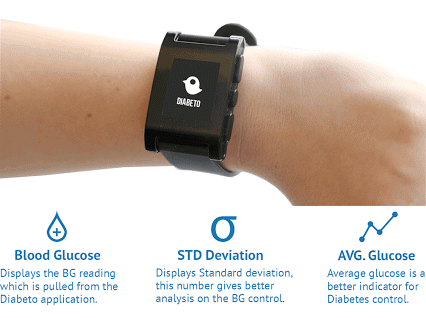
What are Robotics for Biomedical Applications?
Robotics for biomedical applications refers to the use of robotic technologies and systems in the field of medicine and healthcare. It involves the development and application of robots and automated systems for various biomedical applications, including surgery, diagnosis, rehabilitation, and assistive technology.
Robotics has the potential to revolutionize the field of medicine by providing more precise, efficient, and minimally invasive procedures. Robotic surgical systems, for example, can perform complex surgical procedures with greater accuracy and control, resulting in reduced blood loss, shorter hospital stays, and faster recovery times for patients.
In addition to surgery, robotics is also used in medical diagnosis and imaging, where robots can be used to obtain high-quality images of the body and assist in the analysis of medical data. Robotics is also used in rehabilitation, where robotic systems can help patients recover from injuries and disabilities by providing targeted therapy and assistance.
Robotics for biomedical applications also includes assistive technology, where robots can be used to provide support and assistance to individuals with disabilities or impairments. These robots can help individuals with mobility and communication, improving their quality of life and independence.
Robotics for Biomedical Applications Research @ ACPS Research Group
Robotics has shown great potential in biomedical applications, ranging from surgical procedures to rehabilitation and assistive devices. Here are some emerging research areas in robotics for biomedical applications: Rehabilitation Robotics: Rehabilitation robotics can help patients recover from injuries or disabilities by providing assistance and support during exercises and other therapies. ACPS research group focuses on developing robotics technologies that can personalize rehabilitation programs, track patient progress, and optimize outcomes. Prosthetics and Exoskeletons: Prosthetics and exoskeletons can provide support and mobility for people with disabilities or injuries. ACPS group’s future research could focus on developing robotics technologies that can provide more natural and intuitive control, enable greater range of motion, and improve comfort and safety. Diagnostic and Therapeutic Robots: Diagnostic and therapeutic robots can help diagnose and treat diseases by performing tasks such as taking biopsies or delivering medications. ACPS group’s future research could focus on developing robotics technologies that can improve diagnostic accuracy, optimize treatment regimens, and enable new therapies. Smart Implants: Smart implants can monitor and adjust their performance based on patient needs. ACPS group’s future research could focus on developing robotics technologies that can enable smart implants to communicate with other devices, optimize their performance, and improve patient outcomes.